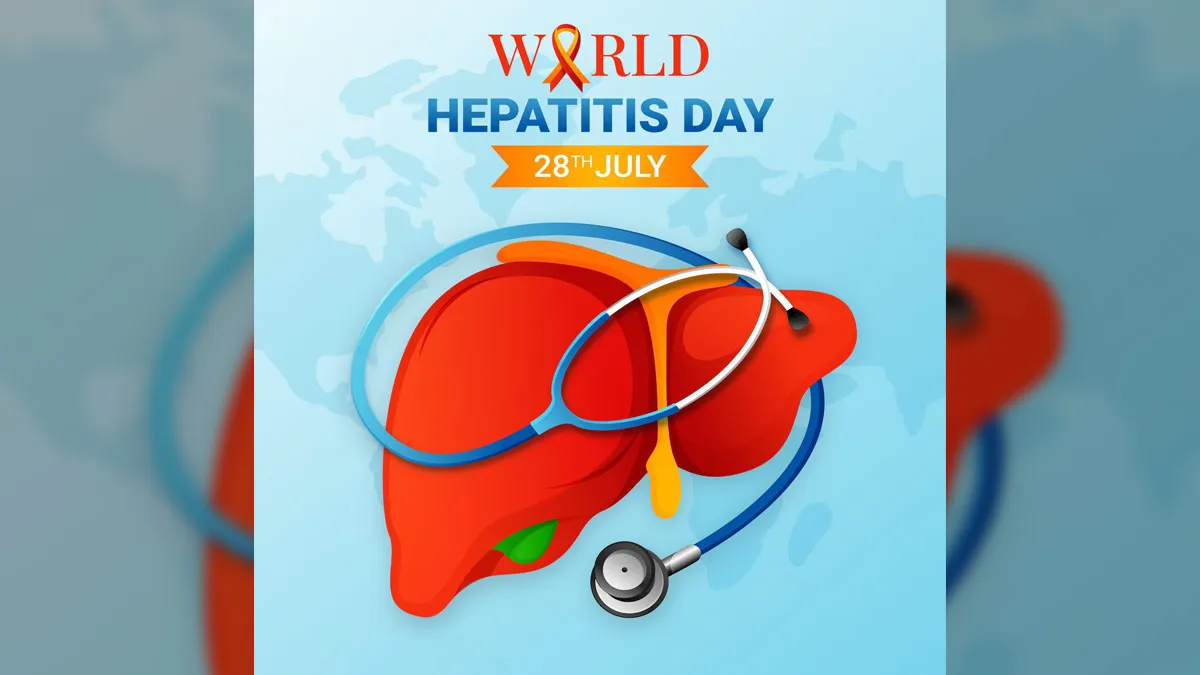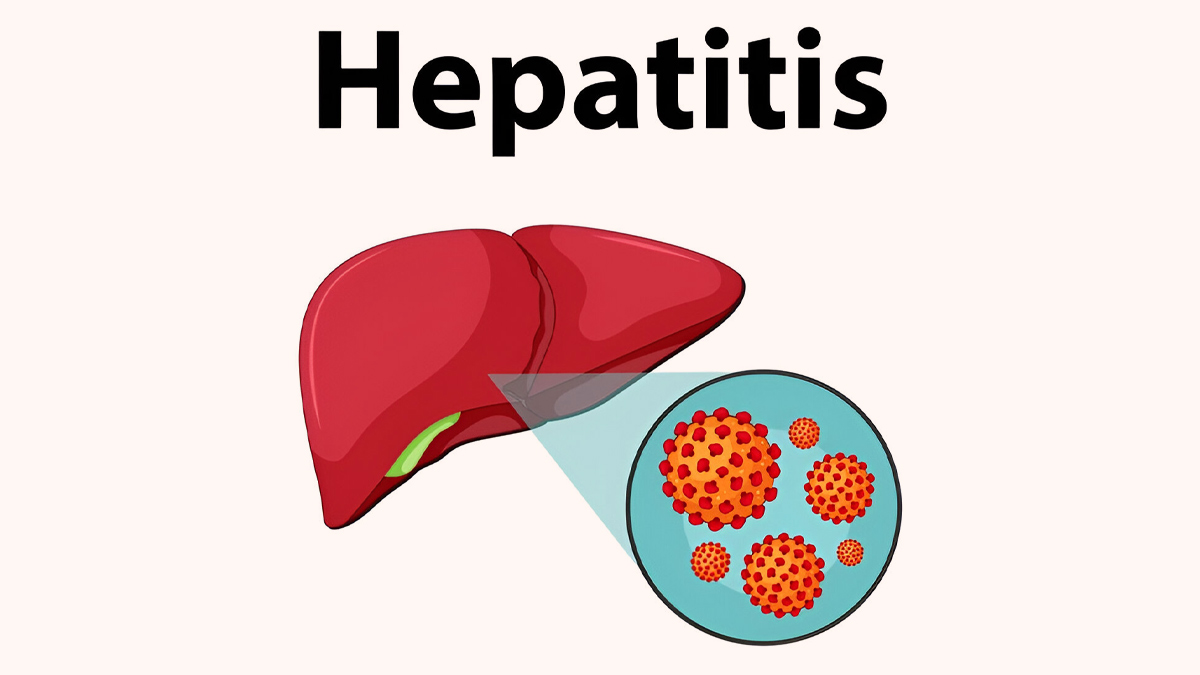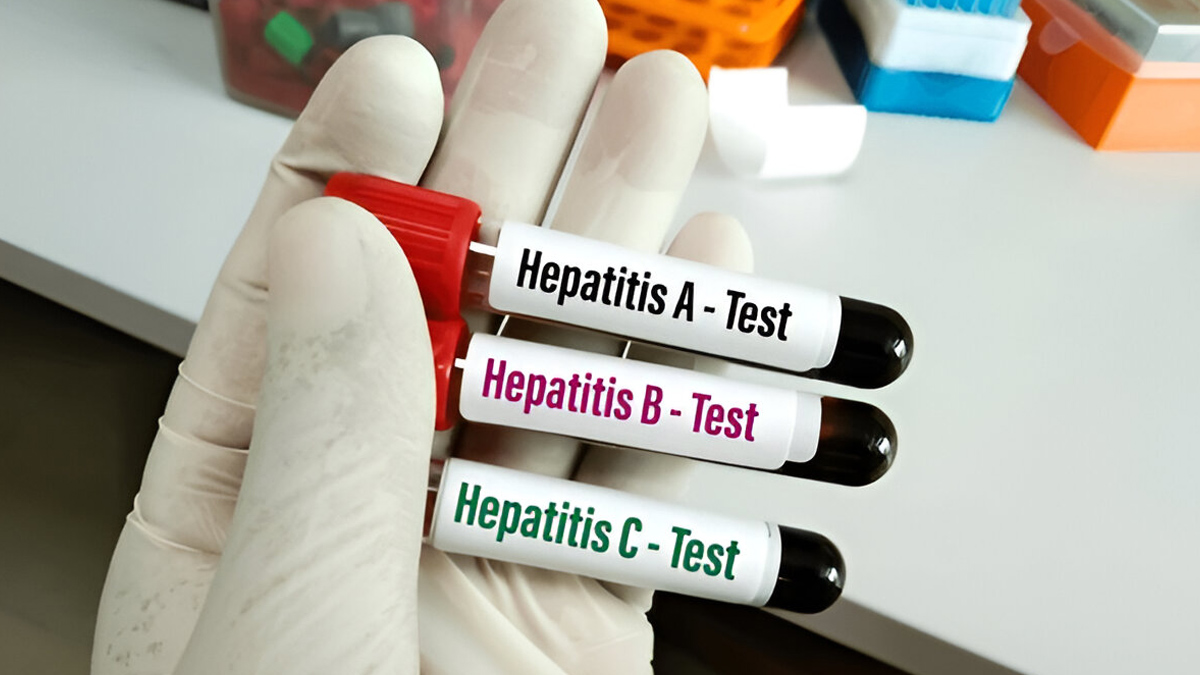
For most people, the word 'hepatitis' brings to mind a short illness or an episode of jaundice. But for some, it quietly marks the beginning of a much more serious journey, one that ends in liver cancer. What many don’t realise is that chronic infections like hepatitis B and C can slowly and silently change the very fabric of the liver, setting the stage for hepatocellular carcinoma, one of the deadliest cancers worldwide.
Table of Content:-
We spoke to Dr Pavan Reddy Thondapu, HOD- Medical Gastroenterology, Arete Hospitals, Hyderabad, who explained the connection between viral infection and liver cancer.
“The connection between a common viral infection and life-threatening cancer is rarely spoken about outside hospitals or medical conferences. Yet, in India and across much of Asia, it plays out more often than we might think. People who appear completely healthy may be living with a virus that, over the years, causes damage so gradual that it escapes notice, until it’s too late,” said Dr Thondapu.
How Infection Turns into Cancer, Quietly and Over Time

As far as organs go, the liver is one of the most forgiving parts of the body. It works hard, even when it’s injured. It can repair itself, keep performing hundreds of tasks, and show little sign of trouble. But that same strength is what makes the early stages of disease so hard to detect.
“When a hepatitis B or C infection becomes chronic, the immune system keeps trying to fight it. This constant battle leads to low-grade inflammation. Slowly, healthy liver cells are replaced by scar tissue. As the scarring builds up, a condition known as fibrosis, it may eventually turn into cirrhosis. It’s in this vulnerable state that cells are more likely to mutate, and liver cancer can take root,” said Dr Thondapu.
The real danger with liver cancer is that it doesn’t announce itself. There’s no sudden alarm. It builds slowly, without causing any obvious trouble at first. People may feel unusually tired or lose weight without trying. Some may have a vague discomfort on the right side of the abdomen, but it rarely feels urgent. These early signs often slip by unnoticed. By the time the illness is caught, it’s sometimes already too far along for simple treatment.
Also Read: Why Screening For Hepatitis B Before Blood Donation Is Non-Negotiable
A Widespread Problem, Often Undetected
In India, the number of liver cancer cases linked to hepatitis B and C is alarmingly high. And yet, outside big cities, very few people are routinely tested for these viruses. Health check-ups often don’t include hepatitis screening unless there’s an obvious reason. This means many infections go undetected, sometimes for decades.
“Part of the problem is that hepatitis often has no early symptoms. A child may contract it during birth. A young adult might get it from a reused syringe or an unclean tattoo needle. It’s even possible to carry the virus after something as simple as a dental procedure in an informal setting. Years can pass without the person knowing anything is wrong. The first hint may come only when the liver is already scarred, or when cancer has developed,” shared Dr Thondapu.
The Case for Routine Screening

The link between chronic hepatitis and liver cancer is no longer a theory; it is well established. There is hope, though, for the story not to end in tragedy. The earlier we detect these infections, the better the chances of preventing cancer.
“For those who test positive for hepatitis B or C, regular monitoring becomes critical. Liver function tests, ultrasounds, and in some cases, blood markers like AFP can help spot cancer early. The goal is not just to track the virus, but to act before serious damage is done. With timely medical care, including antiviral treatment, it’s often possible to suppress the virus and dramatically lower cancer risk,” said Dr Thondapu.
Even when cirrhosis has set in, regular surveillance can catch cancer early enough for curative options like surgery or even liver transplantation.
Also Read: World Hepatitis Day 2025: The Fight Against Hepatitis B And C - Awareness, Detection, And Treatment
Who Should Get Tested?
Screening is especially crucial for certain groups. Anyone who had a blood transfusion before 2002, underwent long-term dialysis, lived with someone who has hepatitis, or had medical procedures in non-sterile environments should consider getting tested. So should people who’ve had unprotected sex with multiple partners, shared needles, or gotten tattoos in unregulated setups.
Pregnant women should be tested to prevent passing the virus to their newborns. Vaccinating infants is a vital first step, but real change comes when adults take testing seriously, both for their health and that of future generations.
Looking Ahead: Awareness, Action, and Hope
We know the connection between hepatitis and liver cancer. We have the tools to prevent it. What we need now is more awareness among patients, families, and even healthcare providers.
“Hepatitis B vaccines are safe and effective. Hepatitis C can now be cured in most people with just a few weeks of treatment. However, none of these advances matter if people don’t know they’re infected. It’s time to bring hepatitis into the conversation during routine check-ups, just like diabetes and high blood pressure. It should be part of preventive health, not just reactive care,” said Dr Thondapu.
Bottomline
Dr Thondapu concluded, "Liver cancer should never come as a surprise. With early detection and regular follow-up, it’s a future we can often avoid. What begins quietly, with a virus many people don’t even know they carry, doesn’t have to end in silence. By recognising the link between hepatitis and cancer, and acting early, we can change the story entirely."
[Disclaimer: This article contains information provided by an expert and is for informational purposes only. Hence, we advise you to consult your professional if you are dealing with any health issue to avoid complications.]
Also watch this video
How we keep this article up to date:
We work with experts and keep a close eye on the latest in health and wellness. Whenever there is a new research or helpful information, we update our articles with accurate and useful advice.
Current Version